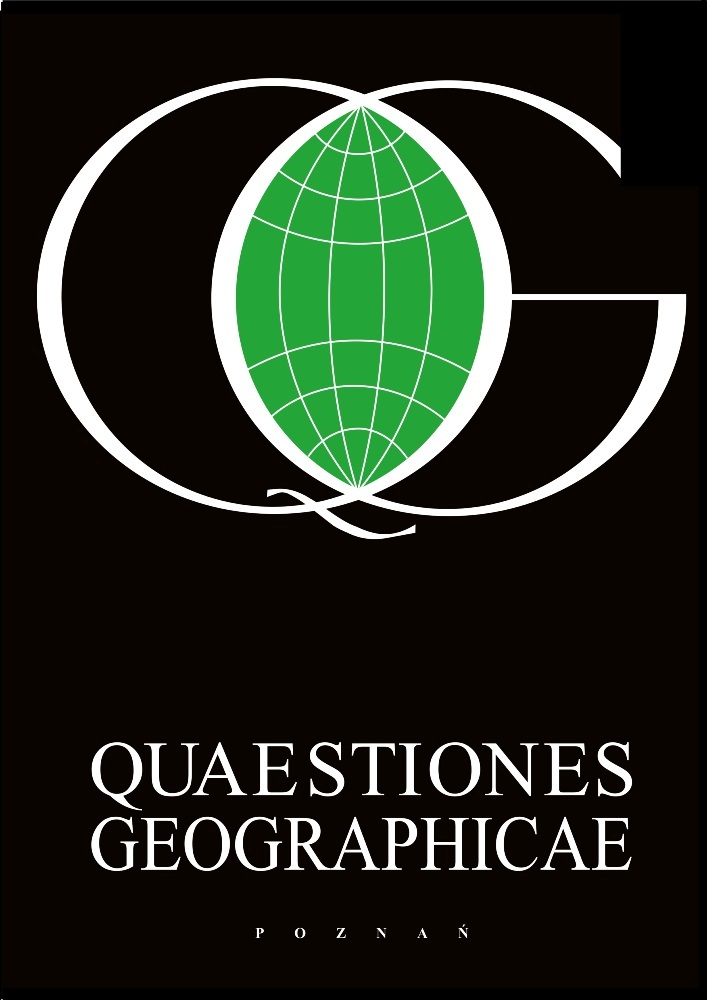Abstract
Romania's local administrative-territorial organisation shows a high degree of fragmentation. The situation tends to worsen as some villages break away from the parent communes and form new administrative-territorial structures. Since their area is fairly small and adequate financial resources to sustain some coherent, long-term development programmes are missing, a solution would be for them to associate freely into inter-communal cooperation structures, which is a basic prerequisite for attracting European structural funds. Such a type of cooperation practice was experienced in this country at the beginning of the 20th century. Today, inter-communal cooperation could be achieved in two ways: by an association of local communities patterned on historical ‘lands’ (after the French model) and by the establishment of a town, of the metropolitan type, to polarise cooperation structures.
References
Cocean P., 1997. Ţara (The land) - a typical region of Romania. Revue Roumaine de Géographie, 41: 41-50.
Cocean P., 2002. Geografie Regională (Regional geography). Presa Universitară Clujeană, Cluj-Napoca.
Erdeli G. et al., 1999. Dicţionar de geografie umană (Dictionary of human geography). Edit. Corint.
Humeau J.-B., 1992. Le regroupement intercommunal en milieu rural (Inter-communal groups in rural areas). L' Intercommunalité. Comité d' Expansion de Maine et Loire: 5-12.
Ilieş M., 1999. "Ţările" - regiuni geografice specifice ale României ("The lands" - specific geographical regions in Romania). Romanian Review on Political Geography, I(1): 44-49.
Nistor I.-S., 2000. Comuna şi judeţul. Evoluţia istorică (Commune and county. Historical evolution). Dacia, Cluj-Napoca.
Popescu C.-L., 1999. Autonomia locală şi integrarea europeană (Local autonomy and European integration). All Beck, Bucharest.
Săgeată R., 2001. "Ruralul" în mediul urban (Sings of the "rural" in the urban). Revista Geografică, VIII: 157-165.
Săgeată R., 2004a. Dinamica zonelor de influenţă urbană sub presiunea funcţiei politico-administrative (Dynamics of urban influence zones under political-administrative pressure). Forum Geografic, III, 3: 121-126.
Săgeată R., 2004b. Zonele metropolitane în România (Metropolitan areas in Romania). Romanian Review on Political Geography, VI(1-2): 123-136.
Săgeată R., 2005. Structuri de cooperare intercomunală (Intercommunal co-operation structures). Sustainable development of rural space. Economic problems, 154-155: 30-45.
Săgeată R., 2006. Deciziile politico-administrative şi organizarea teritoriului. Studiu geografic cu aplicare la teritoriul României (Political-administrative decisions and organisation of the territory. Geographical study with application to Romania). Edit. Universităţii Naţionale de Apărare "Carol I" &, Edit. Top Form, Bucureşti.
Săgeată R., 2007. Inter-communal cooperation and territorial planning units. In: Surd V. & Zotic V. (eds), The French experience and its applicability to Romania, rural space and local development. Presa Universitară Clujeană, Cluj-Napoca: 147-151.
Săgeată R., 2010. Regional development in Romania. Geographical studies. Edit. Universităţii "Lucian Blaga", Sibiu.
Săgeată R. & Simileanu V., 2007. Political-administrative decisions, a pressure factor for entrepreneurial initiatives. Geographica Timisensis, 16(1): 95-104.
License
This content is open access.
